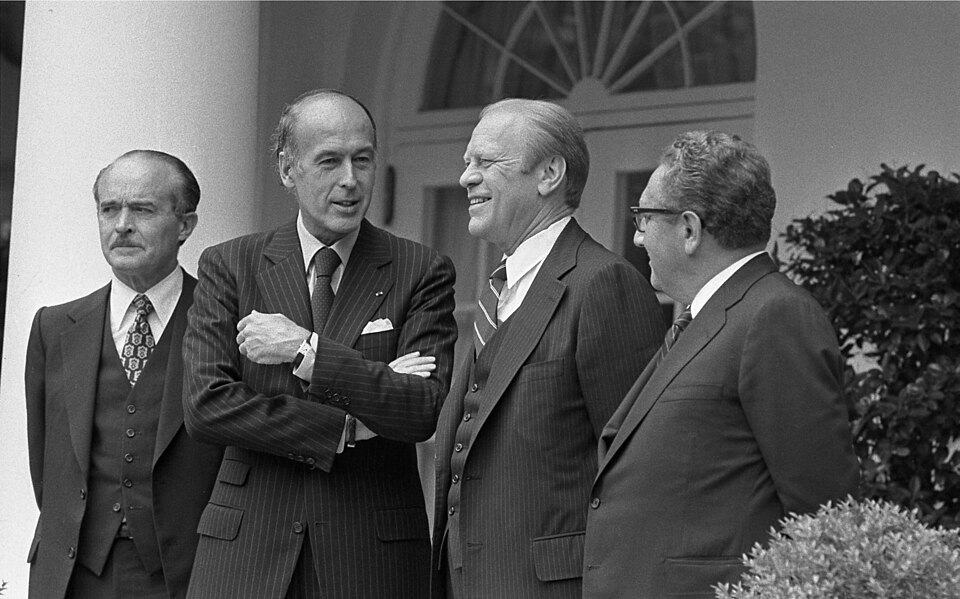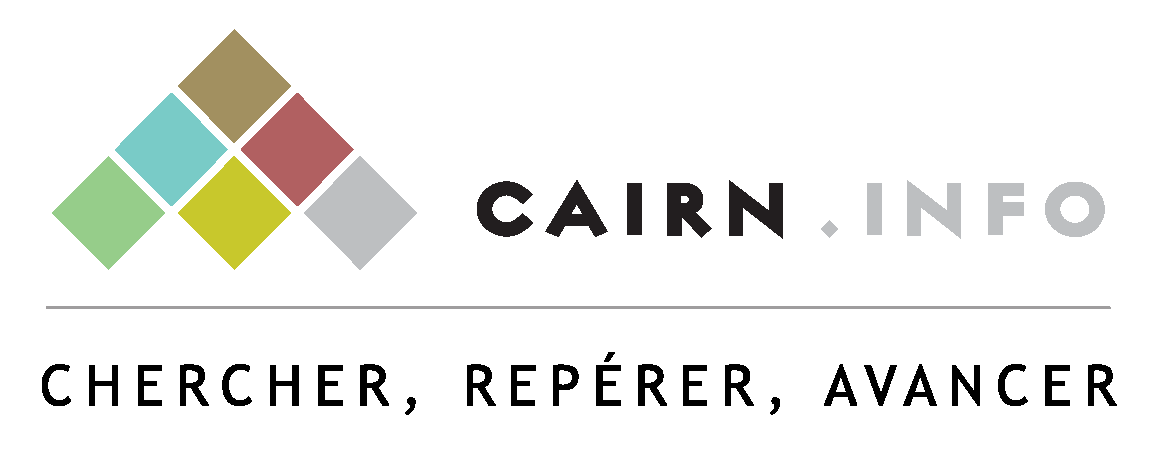The content of this month’s Revue Défense Nationale turns out to be more international than usual in terms of its authorship, including as it does pieces by distinguished British, Russian and Senegalese personalities.
Jacques Diouf, who heads the UN’s Food and Agriculture Organization, begins by reminding us that there are a billion hungry people in the world today, and this can be a source of tension and confrontation between states. He maintains that it is technically possible to reduce this awful figure, and that we know how to do it. But failing to tackle the problem could have consequences, including mass migration, which could pose a threat to world security.
Earlier this year we referred to France’s current interest in Russia. Foreign Minister Sergei Lavrov writes here on the indivisibility of security in the Euro-Atlantic region—the United States, Europe and Russia. He argues that in pursuit of our shared interests we need to go beyond NATO, the OSCE and the NATO-Russia Council and look seriously at the idea put forward by Dmitry Medvedev in 2008 of a European security treaty.
Convinced that the lead in taking European security and defence forward in practice must come from Britain and France, Paddy Ashdown looks in some detail at their defence relationship. They have similar views of an uncertain world and face similar problems; they have similar national interests; their capabilities align; and they are far ahead of the rest of Europe in terms of military capabilities. Both countries would emerge stronger at influencing world events if they worked more closely across the whole spectrum of security.
The question of Turkey’s membership of the European Union produces conflicting, even emotional, reactions. In an objective review of that country’s foreign and security policy, John Greenway examines the country’s actual and potential assets and concludes that they justify its early accession to the EU.
In the second of two essays on Iran, Pierre Viaud looks at why it is making such efforts to achieve a nuclear capability. He suggests that in the longer term Iran’s aim is to prevent domination of Central Asia by Russia, Turkey and Pakistan. It is engaged in a complex game in this unstable area to ensure outlets for its gas and oil, principally with China. But it is also motivated by considerations of religion and civilisation.
Lastly, Daniel Schaeffer presents a succinct survey of the strategic situation in Asia since the beginning of the year.
The French edition of RDN this month includes two big themes not touched upon in the English. Firstly, rules of engagement, rules for what are invariably complex combat situations, and are subject to national interpretation, are discussed from military, legal and political viewpoints. The second theme is the Mediterranean and the Middle East. This of course connects with the question of Europe’s eastern frontier dealt with last month, and is looked at in the ‘Forum’ section of our website (www.defnat.com), where articles are freely available.




_astronaut_Sophie_Adenot_(jsc2025e058846_alt).jpg)



